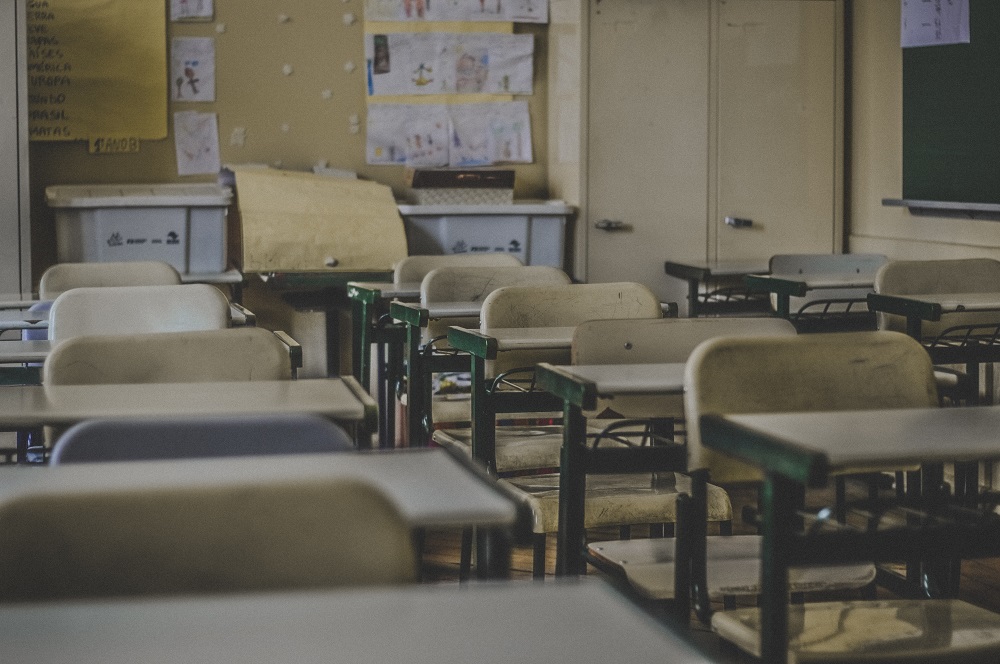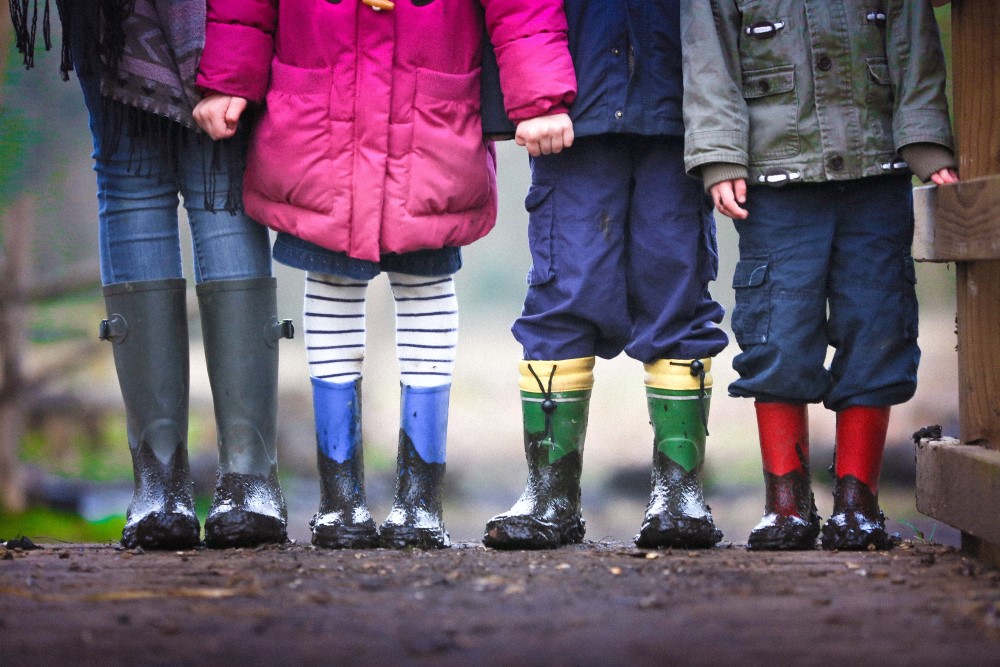On the 2nd July the DfE published its much-awaited guidance on the full opening of schools in September.
Whilst there is a lot for schools to work regarding the day to day practicalities, there is also much to celebrate.
Broad and Balanced Curriculum
Firstly, despite early briefings that suggested a reduced curriculum would be proposed, schools are required to continue to deliver a broad and balanced curriculum in September. This is especially good news for the primary sector, where the role of a broader curriculum in the development of children is well understood.
Headteachers have discretion on spending grant funding
Secondly, schools are being supported and given considerable discretion when it comes to teaching and learning. Whilst the detail of the specific school allocation is still not known, we do know schools will receive a one-off grant during 2020-21 year, specifically to ‘lift learning’ after the pandemic.The guidance is clear:
- Headteachers will decide how best to spend the grant
- There is EEF guidance to support this, but it is not overly prescriptive.
Remote learning is central to contingency planning
Furthermore, the guidance makes it clear that there is a need to ensure that remote learning may be available in case of sudden further local lockdowns and the requirement to support groups or the whole school from home. Again, the guidance gives schools discretion. The EEF guidance states that providing technology is one of the wider strategies that schools may employ and is therefore eligible spending for the grant funding.
The guidance gives some detail about the expectations on remote learning, but it leaves schools with the opportunities and discretion to do what suits them and their curriculum.The guidance sets the expectation of the use of video and quality content alongside offline resources. The key direction of travel is to ensure children have access to online resources in school that can transfer to home use when needed. This is the best approach for children to ensure they understand the technology because its used in school before they need to use at home.
The Role of Oak National
The good news doesn’t end with the funding and discretion though. The DfE have also procured Oak National to provide a full curriculum series for 2020-21 of video lessons. These lessons will be free of charge and freely accessible. They will also be supported by non-mandatory curriculum sequences about which we await more information.These two developments reduce considerably the pressures on schools. But they don’t provide the full answer. The guidance is clear: Schools will need to intervene and support these resources. They will need to maintain contact with the children in their classes, they will need to monitor their progress and intervene effectively, they will need to maintain the school community and the well-being of the children.
The Role of DB Primary in Remote Learning
The free resources will be an excellent addition to school provision, but in order to meet the intervention and well-being strategies required, teachers will need to be able to communicate with their children, intervene and provide opportunities by providing a wrap-around platform that can do this.
Schools will need a platform through which they signpost the curriculum sequence, monitor progress and intervene effectively. Children will need contact with their own teachers.
We are proud that many schools have found DB Primary a godsend during lockdown. They have used the learning materials, uploaded and embedded video, but more importantly have provided the teacher to child and child to child communication opportunities that are central to learning during the primary years. They have done so through a secure, safe platform.

 Australia
Australia Canada
Canada LATAM
LATAM New Zealand
New Zealand UAE
UAE United States
United States











